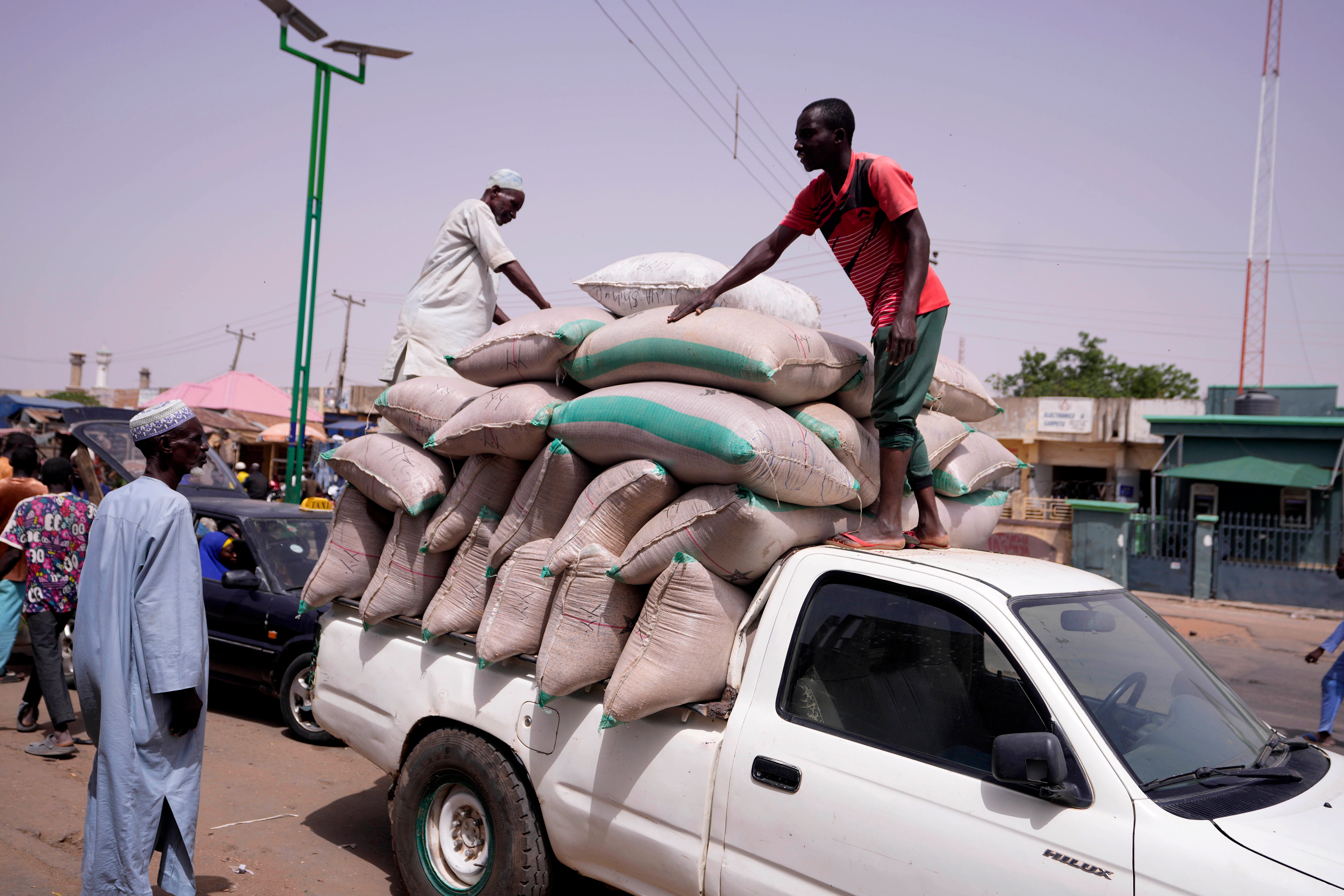Nigeria bets on a new $2.25B World Bank loan to support reforms that have resulted in hardship
The World Bank has approved a $2.25 billion loan for Nigeria to shore up revenue and back economic reforms that have contributed to the worst cost-of-living crisis in many years for Africa’s most populous country

Your support helps us to tell the story
From reproductive rights to climate change to Big Tech, The Independent is on the ground when the story is developing. Whether it's investigating the financials of Elon Musk's pro-Trump PAC or producing our latest documentary, 'The A Word', which shines a light on the American women fighting for reproductive rights, we know how important it is to parse out the facts from the messaging.
At such a critical moment in US history, we need reporters on the ground. Your donation allows us to keep sending journalists to speak to both sides of the story.
The Independent is trusted by Americans across the entire political spectrum. And unlike many other quality news outlets, we choose not to lock Americans out of our reporting and analysis with paywalls. We believe quality journalism should be available to everyone, paid for by those who can afford it.
Your support makes all the difference.The World Bank has approved a $2.25 billion loan for Nigeria to shore up revenue and support economic reforms that have contributed to the worst cost-of-living crisis in many years for Africa’s most populous country.
The bank said in a statement late Thursday that the bulk of the loan — $1.5 billion — will help protect millions who have faced growing poverty since a year ago when President Bola Tinubu came to power and took drastic steps to fix the country’s ailing economy.
The remaining $750 million, the bank said, will support tax reforms and revenue and safeguard oil revenues threatened with limited production caused by chronic theft.
President Tinubu’s economic reforms — including ending decadeslong but costly fuel subsidies and unifying the multiple exchange rates — have resulted in surging inflation that is at a 28-year high.
Under growing pressure from citizens and workers protesting the hardship, Tinubu's government said in May that it was seeking the loan to support its long-term economic plans.
The government said it was also taking steps to boost foreign investment inflows which fell by 26.7% from US$5.3 billion in 2022 to US$3.9 billion in 2023, according to the Nigerian Economic Summit Group think tank.
Nigeria already has a high debt burden that has limited how much money the government can spend from its earnings. Its reliance on borrowings for public infrastructure and social welfare programs saw public debt surge by nearly 1,000% in the past decade.
The World Bank, however, said it was “critical to sustain the reform momentum” under Tinubu. The government’s economic policies have placed the country “on a new path which can stabilize its economy and lift its people out of poverty,” according to Ousmane Diagana, the World Bank vice president for Western and Central Africa.